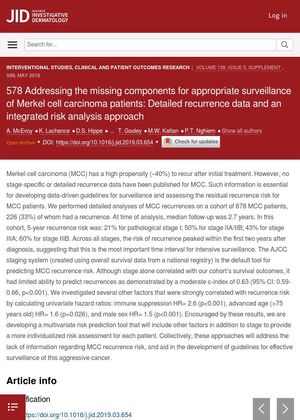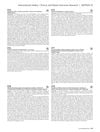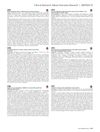Addressing the Missing Components for Appropriate Surveillance of Merkel Cell Carcinoma Patients: Detailed Recurrence Data and an Integrated Risk Analysis Approach
April 2019
in “
Journal of Investigative Dermatology
”

TLDR Merkel cell carcinoma is most likely to recur within two years of diagnosis, and factors like immune suppression, being over 75, and male sex increase this risk.
In 2019, a detailed analysis was conducted on Merkel cell carcinoma (MCC) recurrences in a cohort of 678 patients, 226 (33%) of whom experienced a recurrence. The study found that the risk of recurrence was highest within the first two years after diagnosis, with a 5-year recurrence risk of 21% for stage I, 50% for stage IIA/IIB, 43% for stage IIIA, and 60% for stage IIIB. The AJCC staging system, while correlating with survival outcomes, had limited ability to predict recurrences, with a c-index of 0.63. Other factors strongly correlated with recurrence risk included immune suppression (HR= 2.6), advanced age (>75 years old) (HR= 1.6), and male sex (HR= 1.5). The researchers were developing a multivariate risk prediction tool to provide a more individualized risk assessment for each patient, aiming to address the lack of information regarding MCC recurrence risk and aid in the development of guidelines for effective surveillance of this aggressive cancer.




